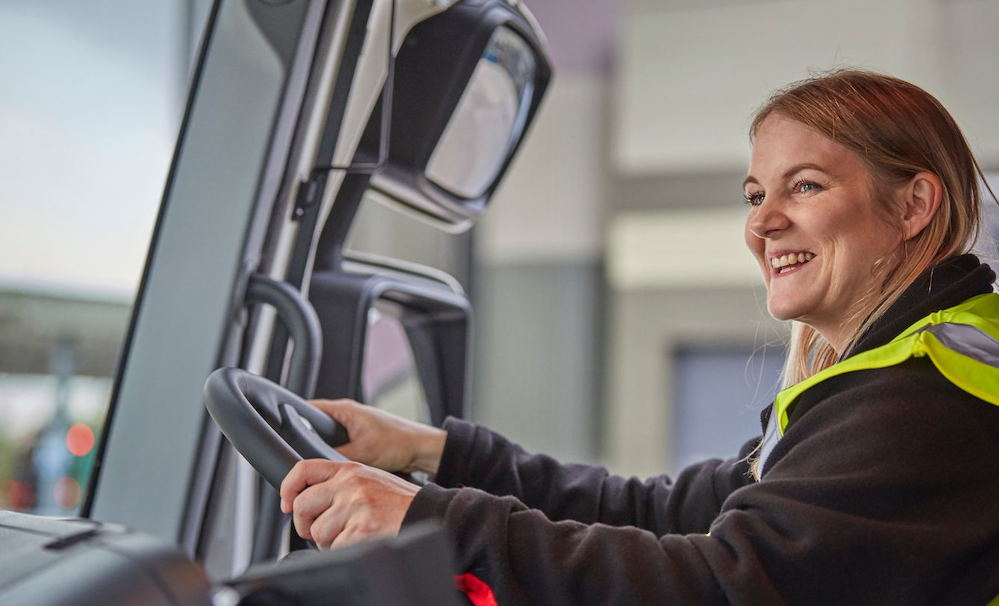As expected the Department for Transport has from 0001 hours on 18th March 2020 agreed a temporary relaxation in relation to the enforcement of EU drivers’ hours rules in England, Scotland and Wales. But this is only for certain types of journeys, writes Tim Ridyard of Ashtons Legal solicitors.
Relevant drivers
The relaxations cover drivers involved in the delivery of food, non-food (personal care and household paper and cleaning) and over the counter pharmaceuticals but NOT drivers undertaking deliveries directly to consumers.
Relevant journeys
- distribution centre to stores (or fulfilment centre)
- from manufacturer or supplier to distribution centre (including backhaul collections)
- from manufacturer or supplier to store (or fulfilment centre)
- between distribution centres and transport hub trunking
- transport hub deliveries to stores
Timescale
It applies from 00:01 on Wednesday 18 March 2020 and will run until 23:59 on Thursday 16 April 2020 (unless lengthened or shortened) and only to relevant drivers.
Rules relaxations
a) ‘replacement of the EU daily driving limit of 9 hours with one of 11 hours;
b) reduction of the daily rest requirements from 11 to 9 hours;
c) lifting the weekly (56 hours) and fortnightly driving limits (90 hours) to 60 and 96 hours respectively;
d) postponement of the requirement to start a weekly rest period after six-24 hours periods, for after seven 24 hours period; although two regular weekly rest periods or a regular and a reduced weekly rest period will still be required within a fortnight;
e) the requirements for daily breaks of 45 minutes after 4.5 hours driving replaced with replaced with a break of 45 minutes after 5.5 hours of driving.
Drivers’ must not use relaxation ‘a’ and ‘d’ at the same time. This is to ensure drivers are able to get adequate rest.’
Recording requirement
The DfT requires that ‘The drivers in question must note on the back of their tachograph charts or printouts the reasons why they are exceeding the normally permitted limits’ and notes that ‘This is usual practice in emergencies and is, of course, essential for enforcement purposes.’ Drivers should already be familiar with this procedure but if not need to be reminded and if necessary trained.
Contact Ashtons Legal for further information
If you require further advice or assistance in relation to this or in relation to new Senior Traffic Commissioner operator’s licence policy and guidance announced on 17th March 2020 then please contact:
Tim Ridyard on 01282 73211
tim.ridyard@ashtonslegal.co.uk
Tim Norris on 01223 431165







